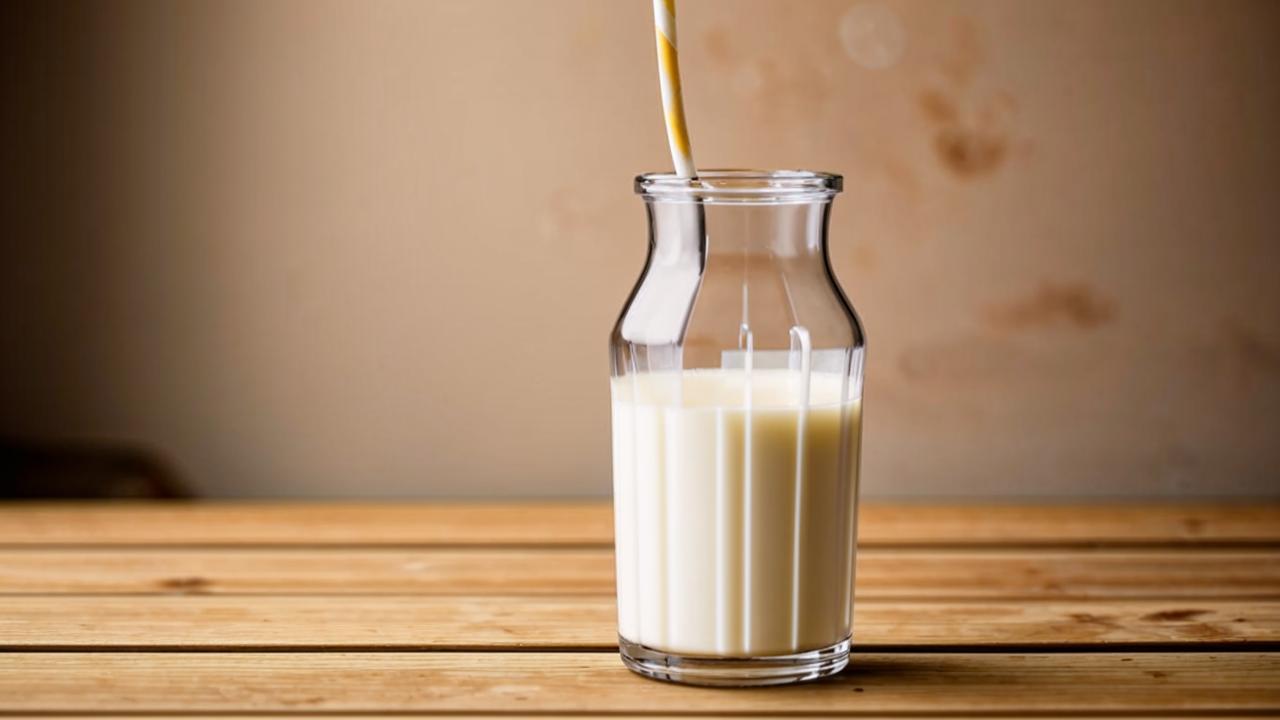
founder of the International Institute of Integrative Nutritionology
What is the fat content of the healthiest milk and why is it better for some people to give up this beverage?
Milk is an important part of the grocery basket. It is not only a tasty product and the basis of many dishes, but also a natural source of easily digestible protein, amino acids, vitamins and minerals.
There is a wide variety of milk on the shelves, but what is the most delicious milk and why is fat content important?
What is milk good for
Lactic acid bacteria and milk fat are good for the human body. Milk fat contains:
- essential fatty acids;
- mono- and polyunsaturated fats;
- lecithin;
- fat-soluble vitamins A, E, and D;
- calcium and phosphorus, which are essential for proper metabolism.
In natural milk there is also vitamin choline – this substance is necessary for healthy sleep and muscle activity and has a number of useful properties:
- strengthens memory;
- maintains the structure of cell membranes;
- transmits nerve impulses;
- relieves inflammation;
- takes an active part in fat metabolism.
Lactoglobulins of milk have antibiotic properties and are directly related to the formation of antibodies, i.e. support our immunity.
More about five more drinks that will help strengthen the immune system, told in the material.
What fat content is milk
On the shelves of stores you can see milk with different percentages: 0%, 1%, 2.5%, 3.2% and so on. These numbers indicate the amount of fat contained in 100 ml of milk.
The fat content affects the flavor, calories, and properties of the product. The fatter the milk, the higher its nutritional value. For example, 0.5 liters of milk with a fat content of 3.2% contains a daily allowance of calcium and 30% of the daily allowance of carbohydrates. Such milk has a positive effect on the intestinal microflora and helps strengthen immunity.
But if your body does not digest milk fats well, it is better to choose a product of 1% fat content. And 2.5% milk has a slight diuretic effect, it is recommended to drink those who want to remove toxins from the body, get rid of swelling and strengthen the joints.
On average, a glass of milk with a fat content of 2.5% is 150 kcal, 8 g of fat, 13 g of carbohydrates and 8 g of protein. In a similar portion of skim product – only 86 kcal, no fat at all, and carbohydrates and proteins are about the same as in whole.

Milk of what fat content is healthier
All milk can be divided into four categories of fat content.
Non-fat or skim milk
This category includes milk with a fat content of up to 1%. It has half as many useful substances and vitamins, no calcium and vitamin D. This drink can be chosen only for medical reasons, for example, when dieting or obesity.
Low-fat
Milk with a fat content of 1% to 2%. It has a pleasant taste, a sufficient percentage of fat and an average calorie content, it retains vitamins and nutrients.
Medium-fat
Milk with a fat content of 2.5% to 3.5%. This is the average fat content of homemade milk, which is chosen when buying packaged products. As a norm of milk fat content in the cow is accepted as a figure of 3.4%. Such milk is recognized as the most suitable for humans. Even after processing – pasteurization and boiling – it retains the most benefits.
Milk is among the few products that have choleretic effect, including for this reason it is used in the preparation of breakfast. This effect is provided by drops of milk fat. And the non-fat product in this case will be useless in the fight against edema. If you do not experience health problems, it is recommended to drink whole milk with a fat content of 2.5-3.2%.
Fat
This is milk with a fat content higher than 4.5%. It is quite difficult to find naturally fatty milk in stores, as often manufacturers intentionally add collected milk fat to get a high percentage. Village and farm milk in 90% of cases has exactly this percentage of fat content.
And about what is better to choose butter, told in the article.
Who should not drink milk
Despite all the benefits of milk, there are a number of reasons to limit the use of this product or exclude it from the diet:
- lactase insufficiency;
- allergy to the protein of whole milk – casein;
- urolithiasis;
- obesity and metabolic problems;
- cholelithiasis.
Fill your diet with only natural and fresh products! Choose milk with a short shelf life and proven brands. Take care of yourself and be healthy!





